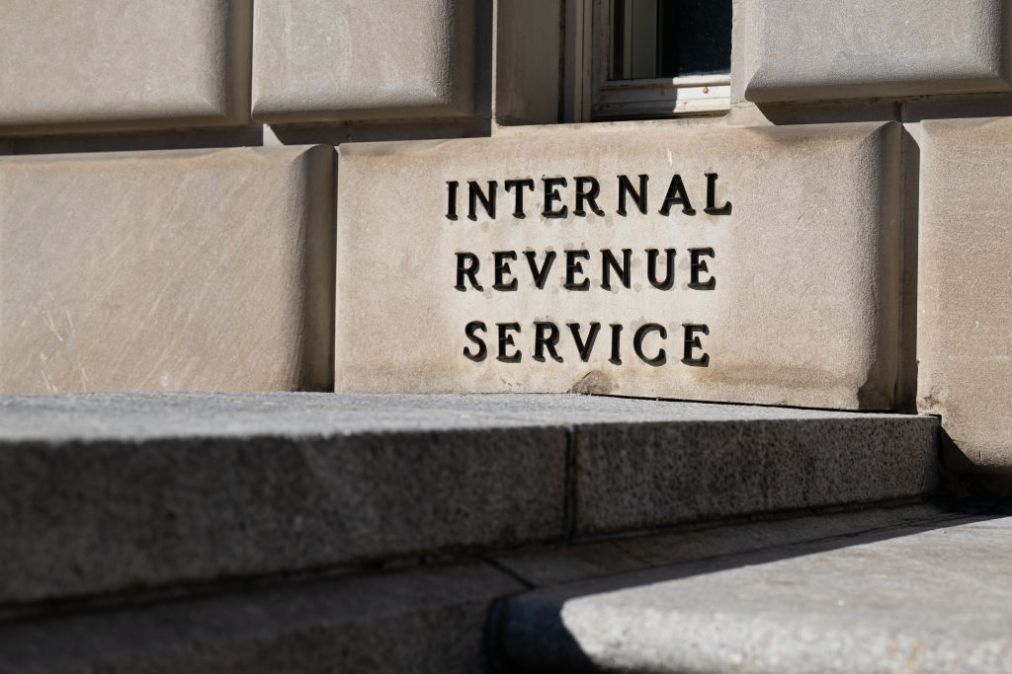IRS to begin phasing out paper refund checks next week

The IRS will begin winding down its use of paper refund checks next week, putting the tax agency on track to hit a deadline from a March executive order to shift the federal government toward electronic payment methods.
In a press release Tuesday, the IRS said the phaseout of paper checks starting Sept. 30 is aimed at cutting costs, speeding up refunds and protecting taxpayers.
“Paper checks are over 16 times more likely to be lost, stolen, altered, or delayed than electronic payments,” the press release stated. “Direct deposit also avoids the possibility that a refund check could be returned to the IRS as undeliverable.”
Nonelectronic payments from the IRS sent by mail could take up to six weeks or more to be delivered, the agency added. For taxpayers who file electronically and select direct deposit, payments could be issued in fewer than 21 days, the IRS said, provided the returns have “no issues.”
President Donald Trump’s executive order on “modernizing payments to and from America’s bank account” was framed as a cost-cutting measure that would also reduce fraud, lost payments, theft and “inefficiencies.”
The EO called on the Treasury Department to end paper check disbursements and receipts by the end of this month, a stipulation that covers intragovernmental payments, benefits payments, vendor payments and tax refunds. Federal agencies are expected to transition to electronic funds transfer (EFT) methods, including direct deposit, prepaid card accounts and other digital options.
Payments to the federal government were to be processed electronically “as soon as practicable,” but the order carved out exceptions for individuals who do not have access to banking services or electronic systems, in emergency situations “where electronic disbursement would cause undue hardship,” in cases with national security or law enforcement implications, and in other circumstances as determined by the Treasury secretary.
According to the IRS, the vast majority of taxpayers already receive their refunds via direct deposit. Just 7% of individual refunds were sent by check through the mail during the 2025 filing season, per the tax agency.






